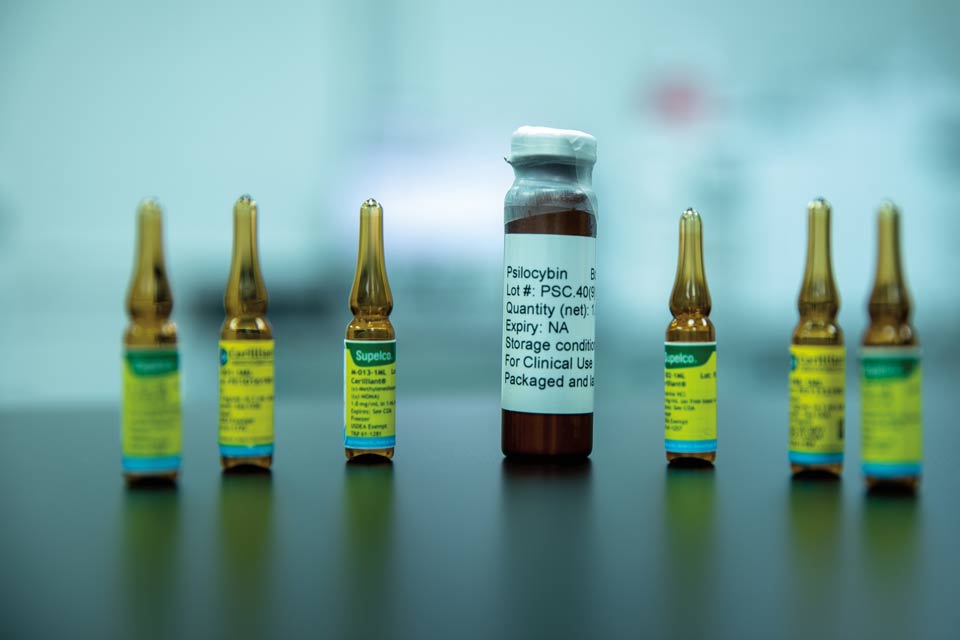The brain’s Default Mode Network (DMN) is a network of interconnected regions that is active when the brain is at rest or engaged in self-referential thoughts, such as daydreaming, reflecting on the past, or planning for the future. The DMN has been associated with the sense of self, autobiographical memory, and internal thought processes. It plays a critical role in the regulation of thoughts, emotions, and behavior. However, when the DMN is overactive, it can contribute to conditions like anxiety, depression, and rumination. LSD (lysergic acid diethylamide), a powerful psychedelic substance, has a profound impact on the DMN, offering insights into how it might be used therapeutically to address certain mental health conditions.
LSD’s Effects on the Default Mode Network
LSD primarily affects the serotonin system in the brain, particularly the 5-HT2A receptors, which are crucial in regulating mood, cognition, and perception. When LSD is ingested, it alters the activity of the DMN. Under the influence of LSD, the DMN becomes less coherent and less focused, meaning the brain’s usual self-referential thoughts and rigid patterns of thinking are disrupted. This is thought to be one of the reasons why people under the influence of LSD often experience a profound sense of ego dissolution, or the temporary loss of their sense of self.
Benefits of Disrupting the DMN
The disruption of the DMN is believed to play a key role in the therapeutic effects of LSD. By temporarily “turning off” the DMN, LSD allows for greater connectivity between different brain regions that don’t usually communicate, fostering new neural pathways and enhancing cognitive flexibility. If you want to Buy LSD Online you can contact us Feel free to order at anytime.
This can help individuals break free from repetitive, self-destructive thought patterns associated with mental health conditions such as depression, anxiety, and PTSD.
Research and Evidence
Studies have shown that psychedelics like LSD reduce DMN activity and increase connectivity between brain regions. A 2012 study published in Proceedings of the National Academy of Sciences demonstrated that LSD reduces DMN activity, which may account for the sense of interconnectedness and altered perception often reported by users.
Future Implications
As research into LSD’s effects on the brain continues, its ability to modulate the DMN may hold therapeutic potential for treating a range of mental health disorders, particularly those that involve overactivity of the DMN, such as depression and anxiety.


